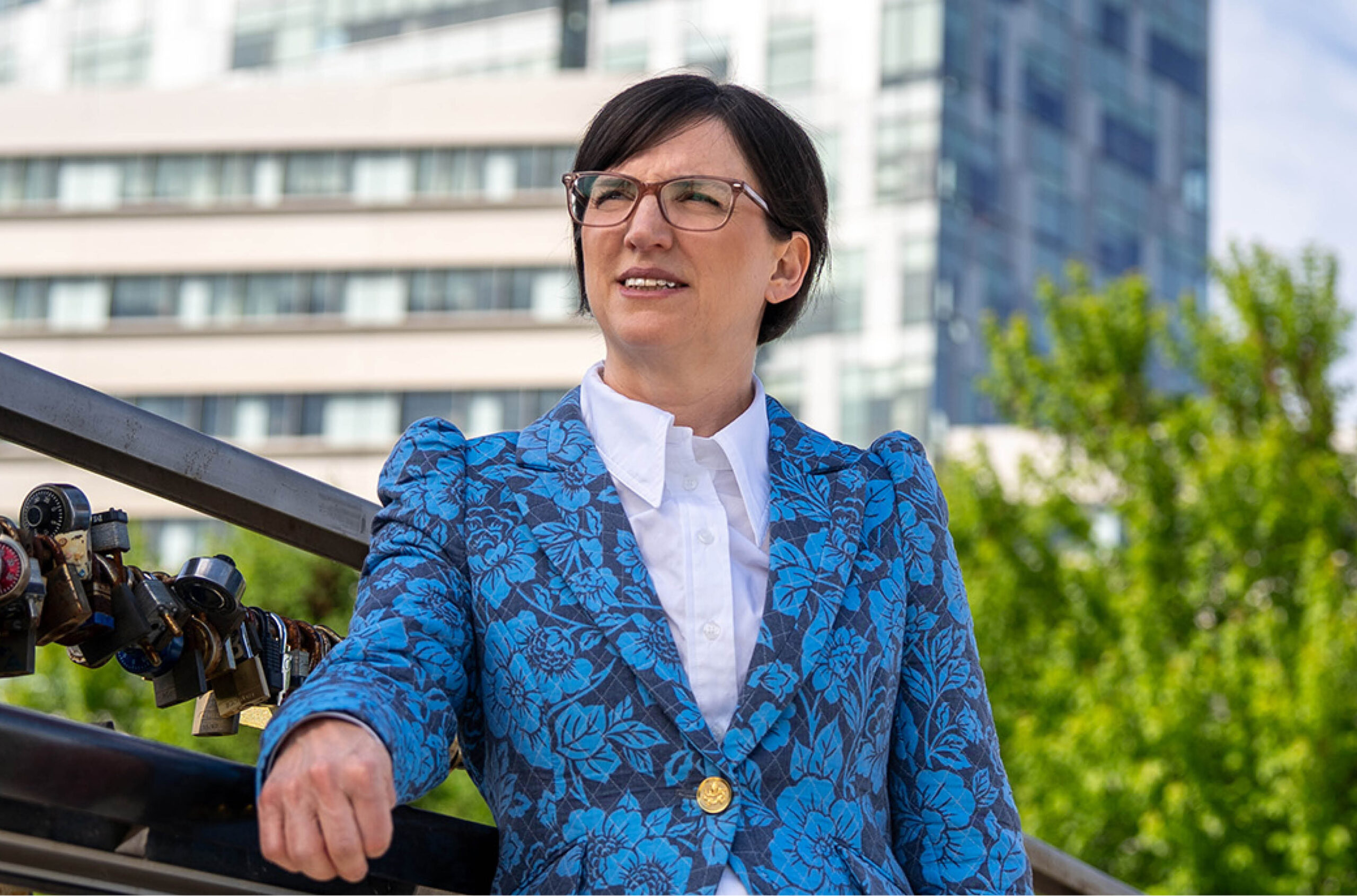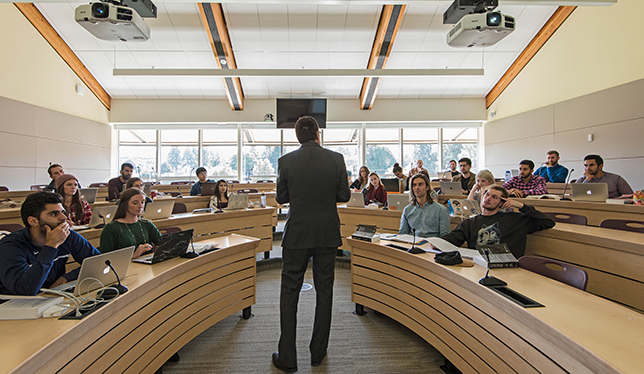International student applications are booming, how can institutions keep up?
Educational Credential Evaluators (ECE) provides Canadian universities with international academic credential assessments.

As admissions offices across the country continue to see surges in applicants, having efficient, responsive and reliable partners for academic credential assessments will be more crucial than ever — and Educational Credential Evaluators (ECE®) is ready to help.
ECE has been a trusted name in assessments in the United States for over 40 years, and since 2020 they’ve been bringing their expertise to institutions in Canada. With their professed mission “to promote the betterment of individuals’ lives and society by ensuring that educational qualifications are fairly and accurately recognized across borders,” the pride ECE has in their work is immediately evident in their success. ECE has served over 2,000 institutions and completed over 600,000 high-quality reports, with more than 30,000 completed in 2021 alone.
As a mission-focused organization, ECE describes itself as dedicated to serving customers, keeping costs competitive, and giving back to those in need. This is what led to their ECE® Aid program, which is a charitable initiative that provides free reports to refugees and others who need support.
Students who seek to further their education in Canada can choose from three different types of academic assessment reports from ECE:
- A general assessment report;
- A general assessment report with Grade Point Average, or;
- A thorough course-by-course assessment report
Each of these reports adds greater depths of information and may be used in different situations. General assessment reports, for example, include Canadian equivalence for each educational credential. A general assessment report with Grade Point Average adds the grade average for each university level credential. The course-by-course assessment report includes everything from the previous reports, plus credit and grade equivalents for university-level courses and identification of upper-level courses for undergraduate or professional studies.
In addition to providing some of the most detail-oriented reports, ECE also provides the fastest turnaround times in Canada – averaging just five business days per report.
To increase efficiency, institutions can also choose to receive reports through ECE Dispatch, ECE’s electronic delivery and notification system. This free service provides secure access to the applicant’s complete ECE Report, including assessment results and the supporting documents, in one convenient PDF.
ECE also offers ECE Select Application, another free service that acts as more of an extension of institutions’ admissions offices. This allows institutions to use a customized, university-branded URL and landing page for a more personalized experience. When applicants order the ECE report, only the report type required by the university will be offered. Then a copy of it and its supporting documents are automatically sent to the institution. Both applicants and institutions can enjoy a more worry-free experience.
If institutions require a little more “hands-on” help, ECE provides that, too, with ECE® Pronto. This allows institutions to deploy ECE’s expertise and resources whenever and however they need them. That could include outsourcing overflow assessments to free up staff members, assistance with confirming document authenticity, or accessing ECE’s vast archives and training materials.
And when it comes to support, institutions can always find service that’s responsive, reliable and above all, human. ECE is known for what they call an “emphasis on exceptional customer service,” with full-time customer care specialists and institutional support representatives who are available by phone and chat, and their promise that all inquiries will be returned within 24 hours. Applicants and institutions can even talk directly with the evaluator who completed their report, a rarity in the world of credential assessment.
Gaining the trust of institutions and applicants is something that ECE takes very seriously, as evidenced by their commitment to quality. ECE is a charter member of the National Association of Credential Evaluation Services (NACES) in the U.S. and a winner of the Better Business Bureau Torch Award for Ethics. In Canada, ECE has been equally active in proving their commitment, with a planned application to join the pan-Canadian membership organization responsible for credential assessments.
While Canada’s universities and institutions continue to face the ongoing challenges of COVID-19, it will be important for them to find new ways to accommodate this continually growing influx of international students.
And with ECE’s continued expansion of services into Canada, both students and institutions have a great new resource for fast, high-quality credential assessments that can help them maintain that momentum well into the future.
If you’d like to learn more about ECE and its services, you can reach their client solutions managers at cl*************@ec*.org.




Post a comment
University Affairs moderates all comments according to the following guidelines. If approved, comments generally appear within one business day. We may republish particularly insightful remarks in our print edition or elsewhere.
1 Comments
I’d like to see an article about how we can ensure that students who have lived in and been paying taxes (or whose parents have been paying taxes) for their entire lives in Canada get prioritised for admission in Canadian institutions. The cash cow of international fees should not usurp Canadians’ right to access education.